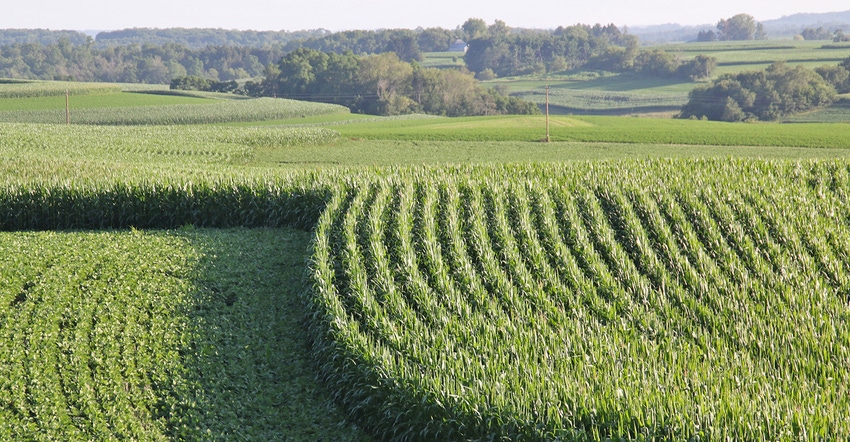January 17, 2018

My neighbor, who is a dairy farmer like me, is not able to get an operating loan this spring, and he asked me if I wanted to rent his 200 acres of cropland this year for $160 an acre. I don’t have any problem paying that, but I’m wondering if I should get a note signed by the banker and my neighbor to make sure I can harvest my crop?Are there other concerns I should consider before I decide to commit to renting his land?
Hodorff: Yes, you should get an agreement from the landowner you are renting the land from. If you know the banker, that would also be someone to contact about renting the land. Another thing you should do is make the payment a two-party check. Make the check payable to the landowner and also the name of the bank involved. Doing that would be advantageous for you if a problem arises with the owner. Another idea would be to have a longer-term rental agreement — say, a three-year agreement with giving notice the second year to extend or decline the agreement.
Miller: When renting land, it is a good idea to have your agreement in writing; the terms of your lease should outline the time frame, the amount of acres and the financial arrangements. I also suggest having your attorney either draft or, at a minimum, review the lease. In addition, ask your attorney for his or her opinion as to whether you can or need to notify the bank if you are renting the land. This would satisfy your concern about making sure your neighbor will allow you to harvest the crop. Good luck with negotiations with your neighbor.
Wantoch: I would encourage you to check out the lease agreements on the North Central Farm Management Extension website, aglease101.org. There you will find copies of various lease agreements and information on what should be included in these documents. Written lease agreements should encourage detailed discussion between parties and also include items that are mutually agreed upon.
Most leases are for at least one full year, but you could list a starting and ending date in the agreement to avoid issues that may arise if the lease is terminated before the crop is harvested. Cash renting gives you, the operator, an opportunity to decide what crops to grow — though you should have an understanding with your neighbor about what the acres can be used for, such as row crops or forages. You could have the written lease agreement signed by all parties and a copy provided to the banker, if you are still concerned about your rights to the planted crops. Finally, you may want to consult with an attorney and have him or her prepare the lease agreement to ensure your ability to harvest the crop.
Agrivision panel: Doug Hodorff, Fond du Lac County, Wis., dairy farmer; Sam Miller, managing director, group head of agricultural banking, BMO Harris Bank; and Katie Wantoch, Dunn County, Wis., Extension agriculture agent specializing in economic development. If you have questions you would like the panel to answer, send them to: Wisconsin Agriculturist, P.O. Box 236, Brandon, WI 53919; or email [email protected].
You May Also Like




